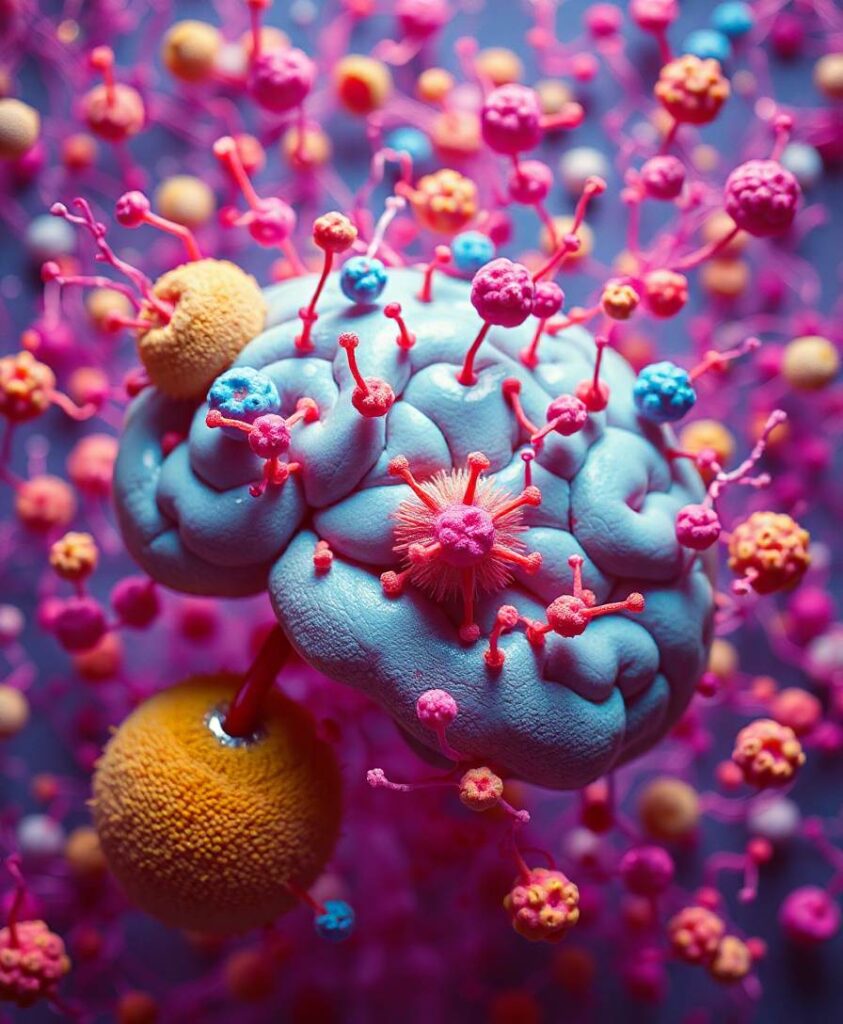This line of research matters because dopamine pathways are central to conditions like depression, addiction, and Parkinson’s disease. If estrogen alters the gain on those pathways, it helps explain why some symptoms vary across hormonal cycles and why treatments that ignore sex-specific biology miss important effects. The study used careful experiments to link hormone signaling to measurable changes in learning speed, pointing toward biological switches that might be targeted in the future.

Understanding hormone–brain interactions expands our picture of human potential and inclusion in medicine. Following this story can reveal how personalized approaches might improve therapies and everyday learning across different life stages. Click through to see the experiments and consider what these findings mean for tailoring support and treatments that account for hormonal rhythms.
Researchers uncovered how estrogen subtly reshapes learning by strengthening dopamine reward signals in the brain. Rats learned faster when estrogen levels were high and struggled when the hormone’s activity was blocked. The findings help explain how hormonal cycles influence cognitive performance and psychiatric symptoms. This connection offers a new path for understanding brain disorders tied to dopamine.



